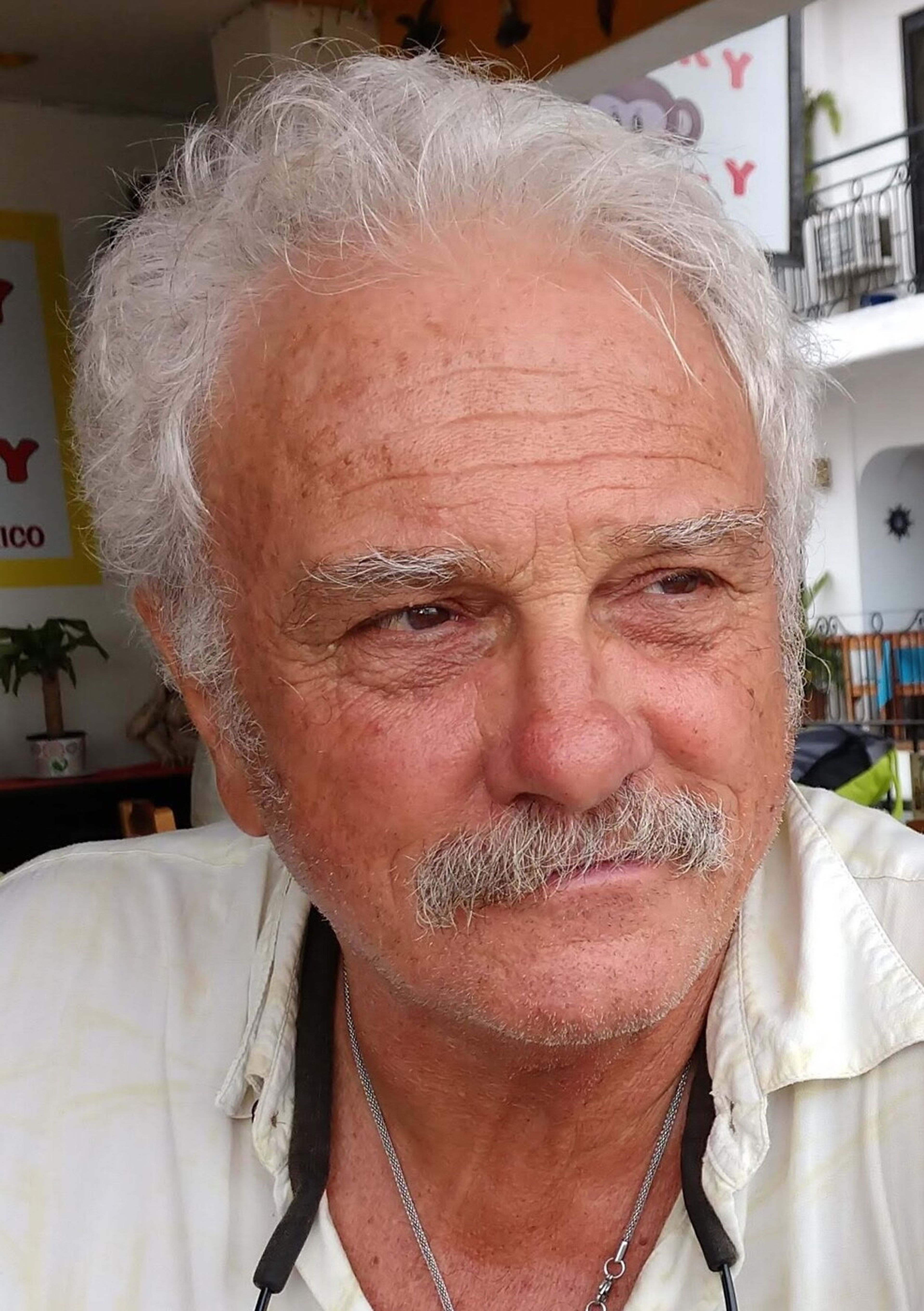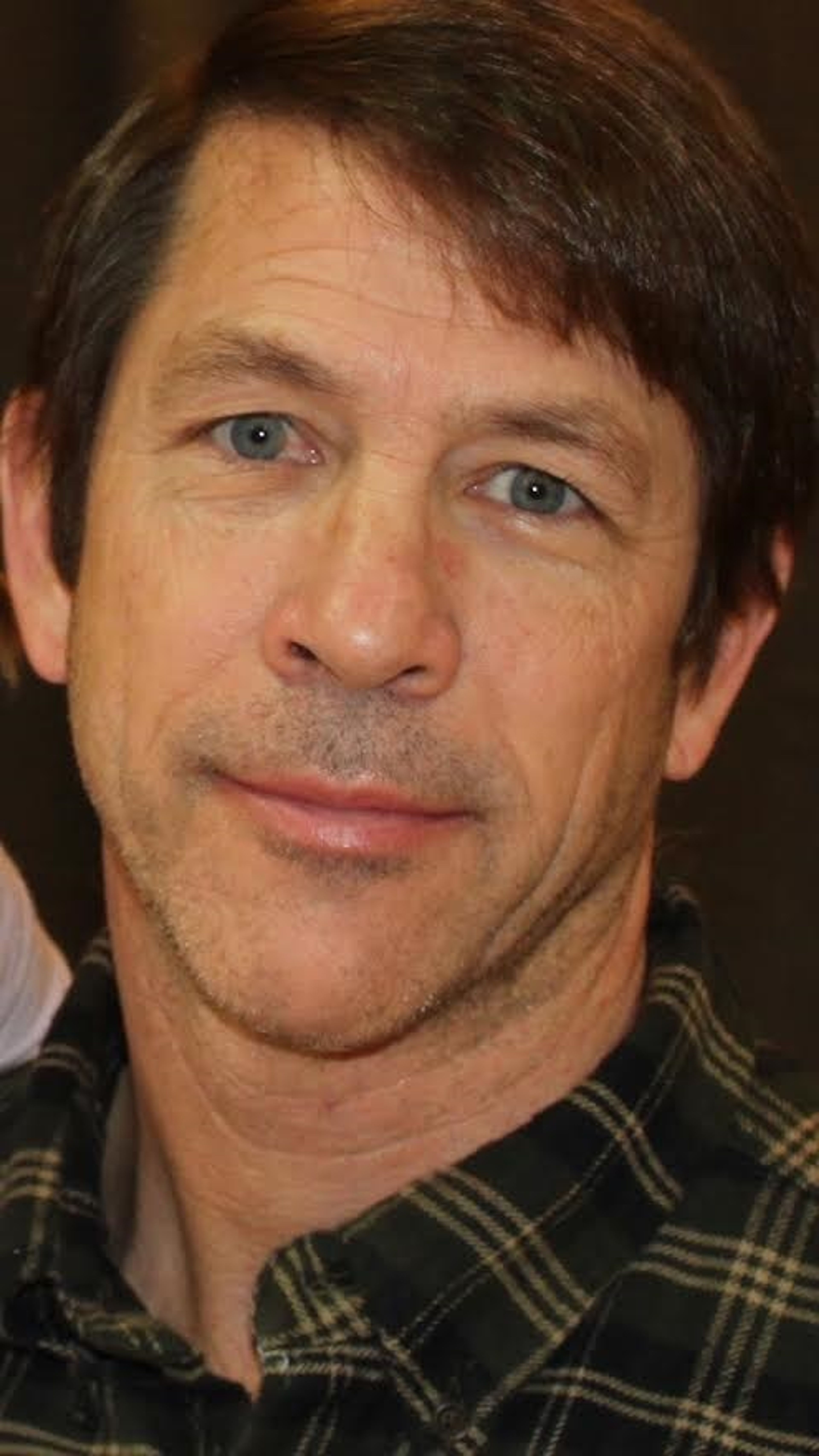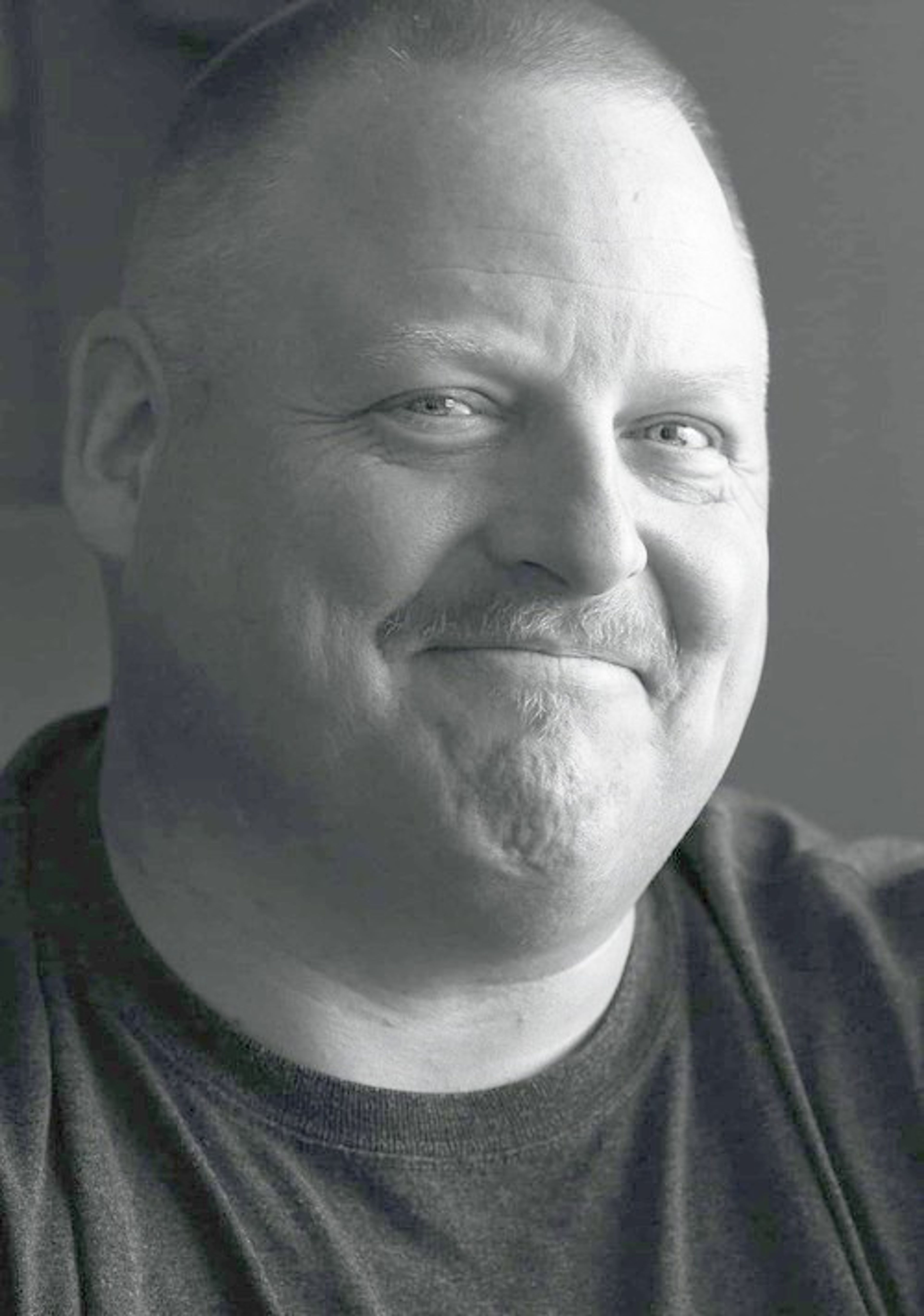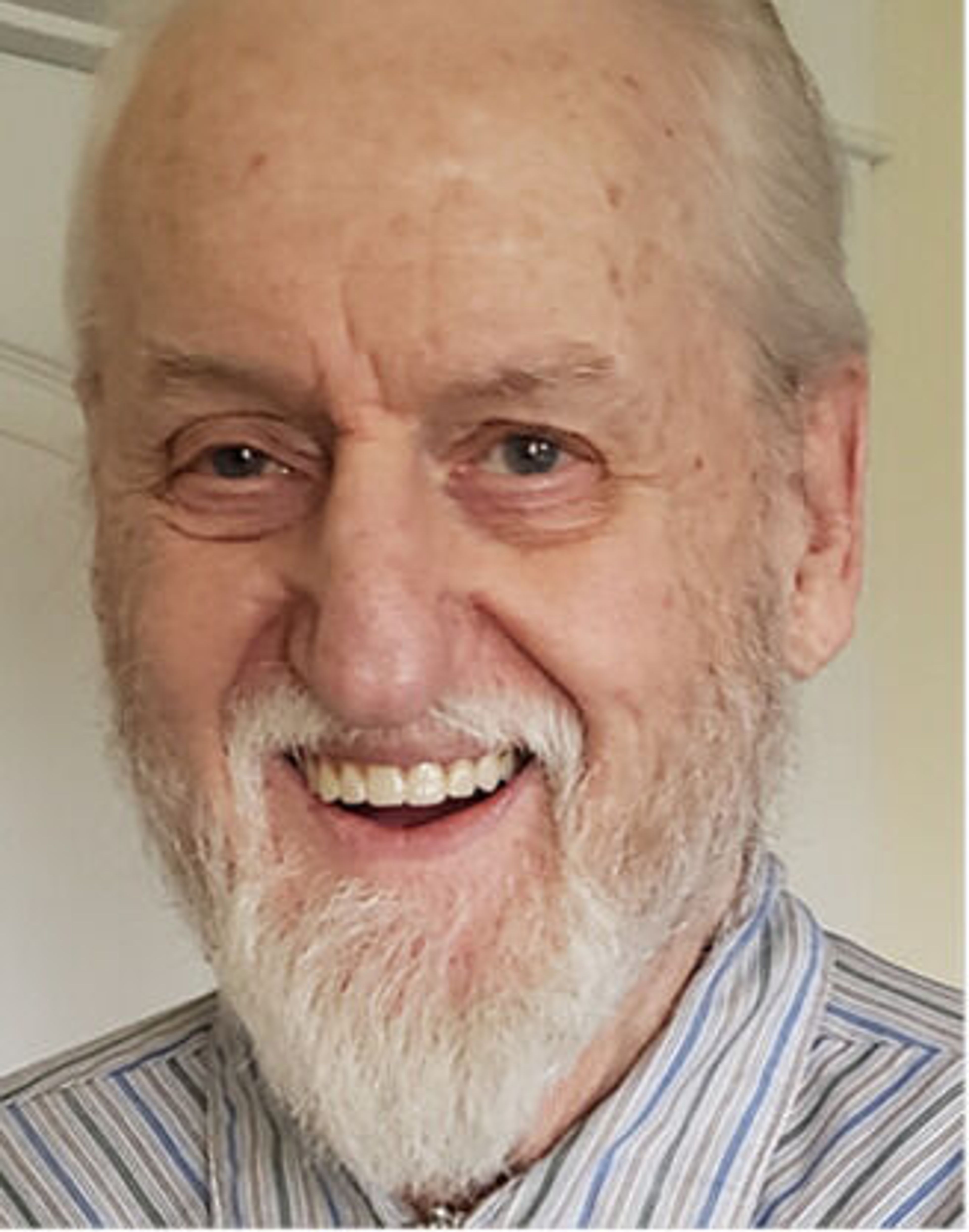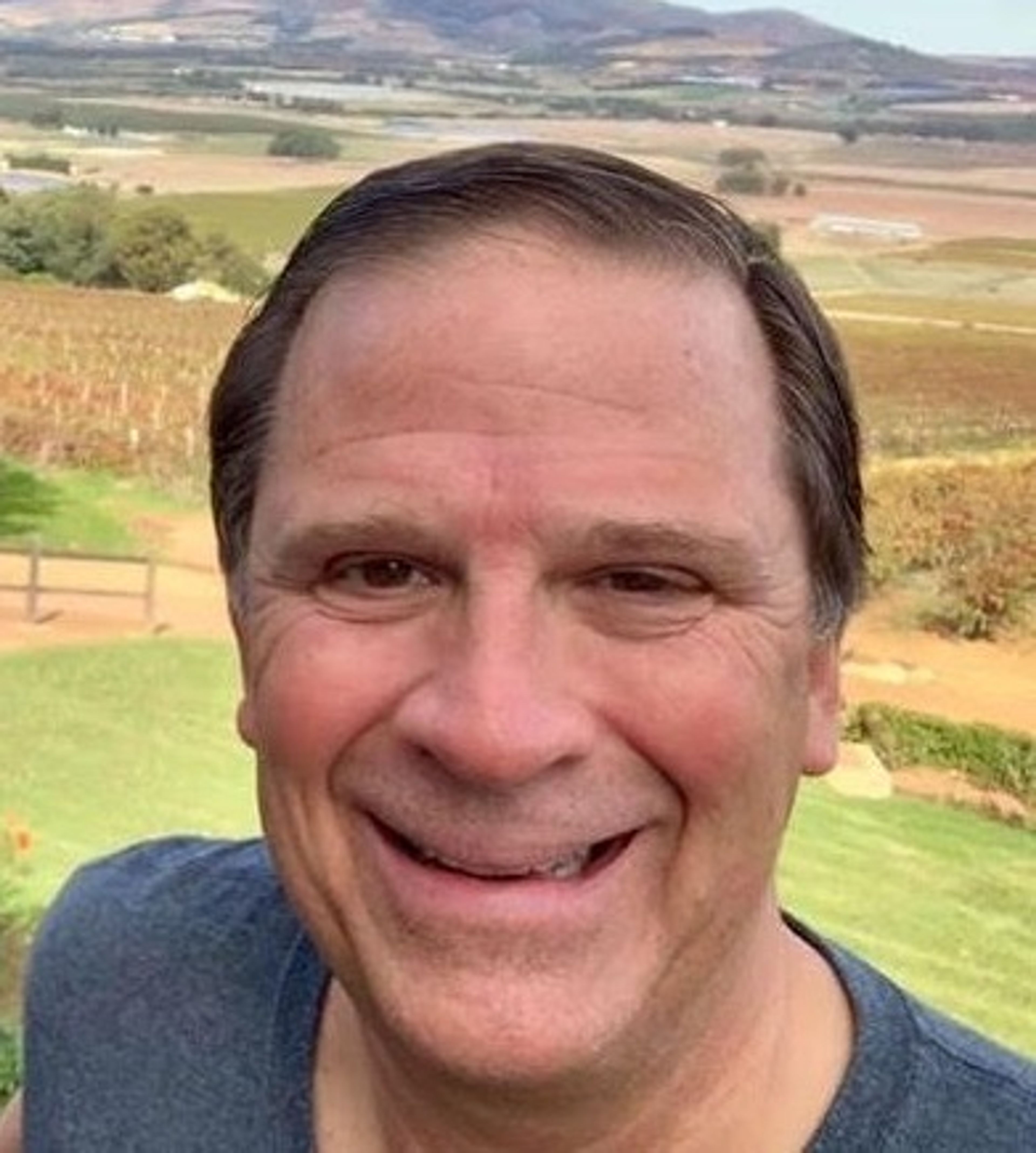Some words have power. Most don’t. Some words evoke deeply emotional responses. Words like “liberty, equality, fraternity.” It was such a catchphrase that inspired the French masses to overthrow not only a distant and despised monarchy but led to the downfall of the feudal system that had kept them in bondage for centuries. Still, most words carry no such impact … everyday words.
Most of us give little thought to the underlying meaning of even the most compelling and forceful words and expressions that we use. We pay even less heed to their impact on others. That there is danger in the negligent use of language, we need only hearken back to 1936 and Hitler’s Nuremberg rallies: “Ein Reich! Ein Volk! Ein Fuehrer!” One empire, one people, one leader. A powerful message that resulted in the deaths of millions.
In modern times we often hear the word “freedom” used to sanctify just about any crackpot notion. “Freedom from having to wear masks,” “freedom from mandated immunizations,” “freedom from taxes.” The list of grievances is a long one but all seem to share the same unifying idea: “freedom from.”
It has long been my belief that folks who define freedom in this way remind me of those who spend much of their lives looking in the rearview mirror. Their mantra has always been “what’s gaining on me?”
Freedom from uncertainty? Freedom from guilt and shame? Freedom from the insecurity of daily life? There are hordes of creeds both secular and religious, snake oil salesman by the droves, to promise salvation from such seemingly inexhaustible lists of these and similar dangers — real and imagined.
I have always treaded lightly around the word freedom. As an undergraduate, I encountered the philosophy of determinism … that free choice is a delusion. Behavioral psychology played on the same theme. Every thought and deed is scripted by a person’s history of conditioning. For even a hoary old revolutionary like Marx, who we are is determined by the inexorable forces of a rigid economic dialectic.
I fought all such ideas then and still fight them. In a world without free choice, what becomes of moral choice? I suppose that’s where priests come in.
The years came and went and I began to see where my notions of freedom led. They led to mistakes. To dead ends. To the recognition that a life liberated of dogma sometimes leaves a bitter aftertaste.
At some point, I made my peace with “freedom.” I defined it no longer as “freedom from” but as “freedom to.”
Understood this way, our goal in life is not to build walls to keep a threatening world at bay but to invite that same world inside to better understand and appreciate its complexity.
Freedom to grow, freedom to create, freedom to embrace knowledge of the reality revealed by life itself, freedom to live without crutches, freedom to fully love without fear.
Whenever I listen to contemporary apostles of fear, hate and greed and look around at those who grasp at such a toxic view of life, I am amazed at how seductive these appeals have become.
Donald Trump has built his political life around building border walls to keep us “safe” from throngs of undocumented murderers and rapists, by appointing lifetime judges whose clear mission is to restore a more moral, simpler, safer country. One where there are clean, universal rules and where gays, feminists, blacks and immigrants know their places. One where we, the white, Anglo-Saxon Protestant inheritors of America’s glorious past can feel safe in our own homes.
It took another president, a black man with a funny Muslim name, to appeal to America’s kinder self. Obama, reviled by Trump, looked ahead to a nation where all its citizens would be free to grow, free to learn, free to expand their horizons irrespective of race, gender or humble origin.
It took me a good many years and many more than a few of what my Kentucky mother called “dark nights of the soul” to fashion a definition of freedom that I could live by. I highly recommend it.
McGehee, a lifelong activist, settled here in 1973 and lives in Palouse with his wife, Katherine. His work life has varied from bartender to university instructor to wrecking yard owner.
